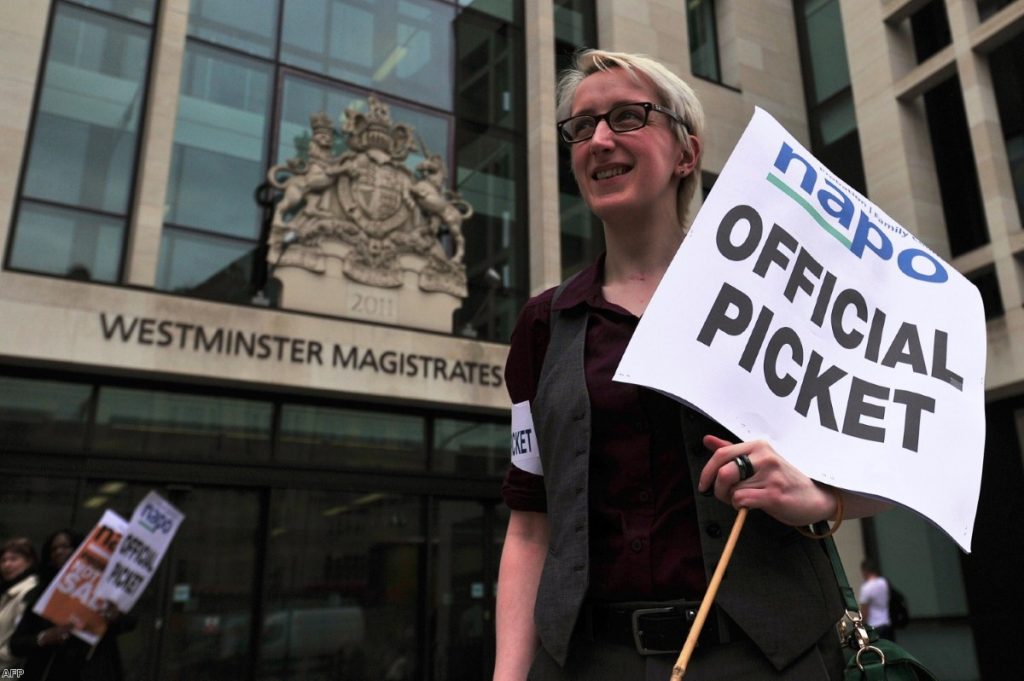Following the decision by the Bank of England’s Monetary Policy Committee to raise interest rates yesterday, the Bank’s governor has warned people of the consequences of pushing for inflation busting pay rises.
Speaking on the BBC Radio 4 ‘Today’ programme this morning, Andrew Bailey said, “My key point is that if inflation becomes embedded and persistent then it gets worse, and the effects get worse”.
Commenting on pay-rises that sought to match inflation, Mr Bailey said, “It never comes down, that is the issue in many ways. If everybody tries to beat it, it never comes down, it gets worse. That is the problem”.
In what some may see as a commentary on current industrial action, Mr Bailey, said, “In terms of high price rises and high pay-rises, in that world it is the people who are least well off, who are worst affected, because they don’t have the bargaining power. And I think that is something that I would say, broadly, we all have to be very very conscious off”.


Acknowledging that the current nature of inflation meant it was having significant social impacts, the Bank of England Governor said, “There are a lot of people out there who are very badly affected by this inflation, not least because all inflation effects people on low incomes badly, but this particularly because it is concentrated on energy and food”.
Although the Bank of Governor would not specifically be drawn on what the Treasury should do with tax and spending, interestingly he did say, “I would simply say that I think there is a role in society to reflect on the fact that there are people who do not have the same ability to offset the effects of inflation and they are going to be very badly affected by all this”.
Mr Bailey’s comments come after the bank raised interest rates for the sixth successive month in a row yesterday, with UK inflation now predicted to reach 13% in the autumn, far in excess of the current 2% target.
The Bank has faced criticism for failing to raise interest rates quick enough, notably from the current Attorney General and recent Conservative leadership candidate, Suella Braverman MP.
Dr Andrew Lilico, from the think tank the Institute of Economic Affairs has also said, “The Bank and the Johnson government failed to act quickly enough to control this inflation, and the Bank of England’s mandate and role should now clearly be reviewed”.
In response to these criticisms, Andrew Bailey, who has six more years to run till the end of his current term as Governor,, defended his handling of recent interest rate decisions.
Mr Bailey said, “First of all we don’t make policy with the benefit of hindsight. The second thing is that I would challenge anyone who is sitting here two years ago to say, there is going to be a war in Ukraine, and it is going to have this effect on inflation”.
Mr Bailey also suggested that uncertainty around the labour market in mid 2021 had influenced the Bank’s approach saying, “If we were having this conversation a year ago, the furlough scheme had 2 months to run, there were over a million jobs on that scheme, and we did not know what the consequences of the end of that scheme would have been”.
Britain is currently facing an autumn of industrial action as unions seek higher payrises for their members. In addition to the current rail strikes, teacher unions are planning to ballot their members in relation to a 5% pay offer which is far below current inflation. Unions representing bus drivers, post office staff, nurses, and airline pilots are also considering similar action.

